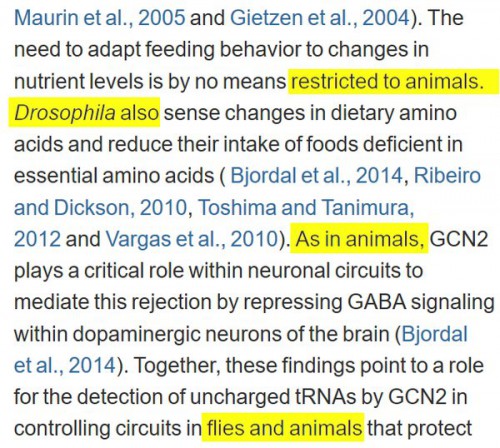Here’s another way I’m privileged: I have free access to the University of Minnesota library system, with all of its journal subscriptions, so I rarely have to worry about finding something published in the major journals, with a few annoying exceptions. It’s only now, then, that I’ve learned about Sci-Hub, but I’ll be using it more, especially to deal with those exceptions.
Alexandra Elbakyan set up Sci-Hub to make science freely available.
For those of you who aren’t already using it, the site in question is Sci-Hub, and it’s sort of like a Pirate Bay of the science world. It was established in 2011 by neuroscientist Alexandra Elbakyan, who was frustrated that she couldn’t afford to access the articles needed for her research, and it’s since gone viral, with hundreds of thousands of papers being downloaded daily. But at the end of last year, the site was ordered to be taken down by a New York district court – a ruling that Elbakyan has decided to fight, triggering a debate over who really owns science.
“Payment of $32 is just insane when you need to skim or read tens or hundreds of these papers to do research. I obtained these papers by pirating them,” Elbakyan told Torrent Freak last year. “Everyone should have access to knowledge regardless of their income or affiliation. And that’s absolutely legal.”
She’s being sued by Elsevier! She is fighting the most evil science publisher in the world. This isn’t just heroism, it’s epic heroism.



